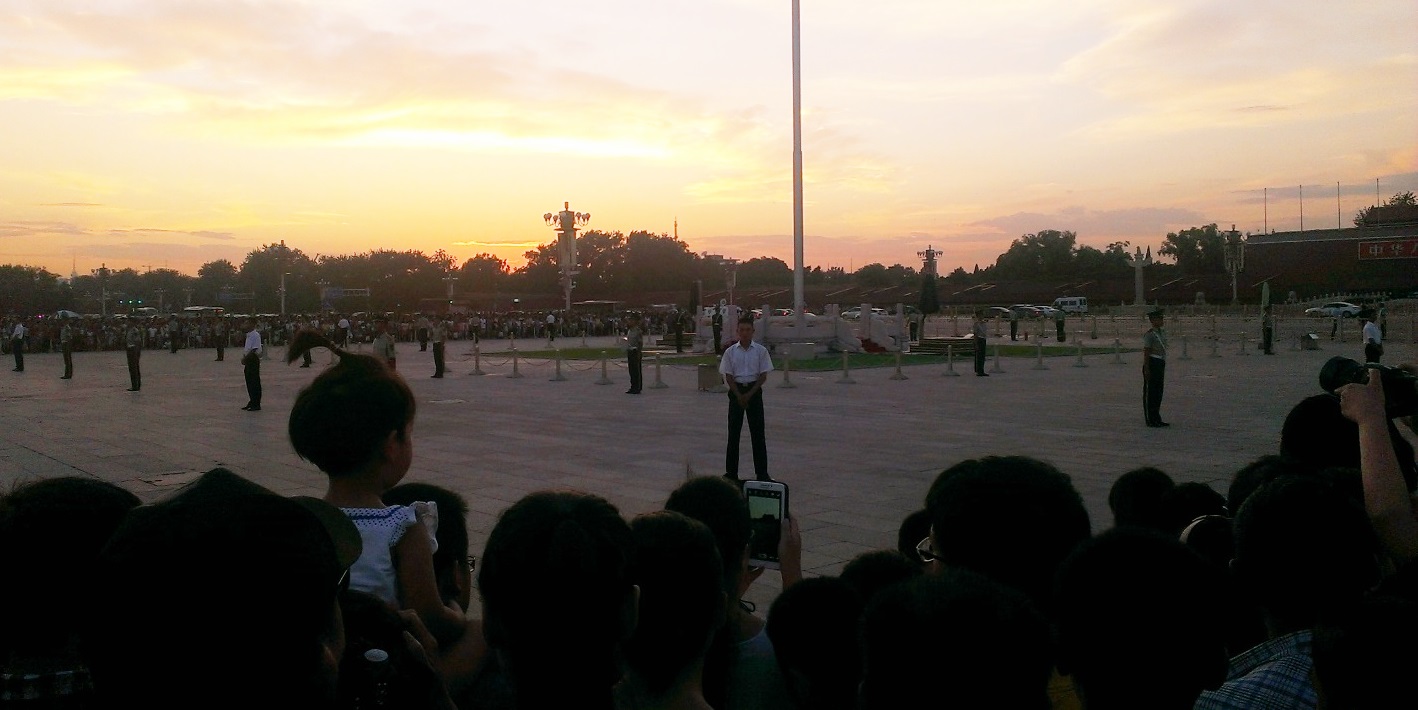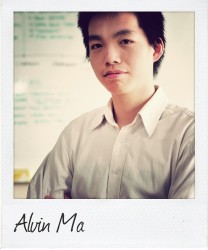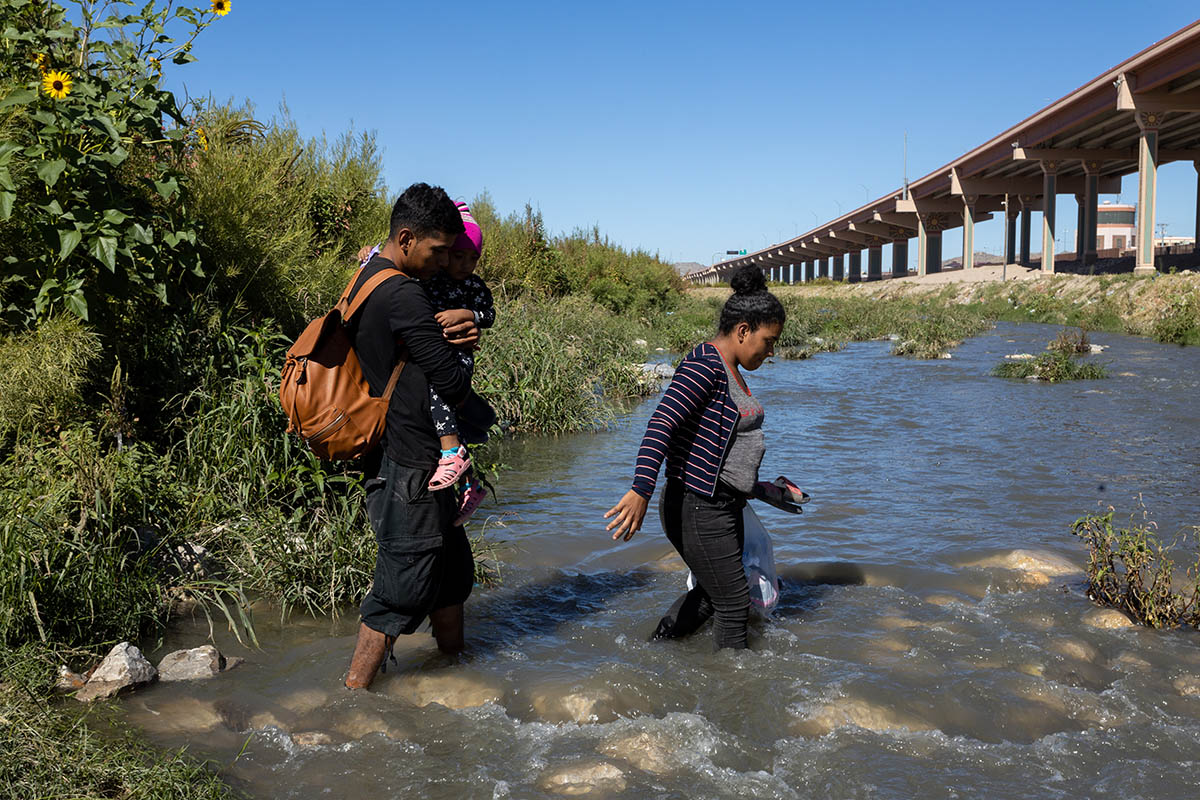"Understanding China’s pleasant surprises"
August 7During a visit to China Alvin Ma, 22, a Commonwealth Correspondent from Canada, explored some of the political and tourist stereotypes that dominate western concepts about the country. What he found was a pleasant surprise.
“Yīnwèi wǒ láizì jiānádà, wǒ de pǔtōnghuà bù hǎo, wǒ huì shuōzhǐyǒu yīngwén, duìbùqǐ.”
I scribbled the above romanized Chinese words (“Because I’m from Canada, my Mandarin Chinese is poor and I will speak entirely in English; please excuse me”) in my notes before my presentation in Beijing about ball hockey at the 2014 World Congress of Sociology of Sport. As a second-generation Chinese-Canadian whose relatives came from Cantonese-speaking parts of Southeast China, I can only read 100 Chinese characters (out of tens of thousands) and I can only understand a quarter of the Mandarin spoken by Chinese scholars. During my week in Beijing, many people expressed surprise at meeting an ethnically Chinese person who could not proficiently hold a conversation in Mandarin.
As for myself, I experienced many pleasant surprises throughout my entire stay in Asia. Anyone can read Lonely Planet guidebooks but none of them will describe the distinct memories I possess. I did not solely visit and retake pictures of tourist hotspots that have millions of results on the internet. Then again, I am grateful to have the connections of friends and relatives in Mainland China, Hong Kong, and South Korea to experience – even for a short amount of time – the utilitarian, day-to-day life of locals.
I also recognize and am grateful for my relatively stable financial means and the privilege to go abroad with a Canadian passport, making travel much easier than many other people in the world. Idealistically, governments around the world would divert funding from weapon ammunition into cultural exchange programs, so that more people can have the opportunity to explore and learn rather than merely speculate based on second-hand accounts from other people.
While western media outlets have – in many ways justifiably – increased criticism of human rights policies of the Chinese government due to the recent 25th anniversary of the Tiananmen Square massacre and the 17th anniversary of the handover of Hong Kong to China, I found that minor inconveniences to accessing non-Chinese social media platforms did not deter me from expressing my thoughts. Although I did visit the tourist hotspot of Tiananmen Square for the daily flag-lowering ceremony at sunset, I remember it more for ribbon-twirling children and a loud street-sweeping truck that cleaned up the square minutes before the ceremony. While many onlookers were interested enough to record the events on their new smart phones, contrary to some western notions of China, they were neither obligated to salute nor applaud with patriotic fervour. Many of these visitors from other parts of China merely stopped recording once the flag was lowered and, from what I heard, conversed about where to go for dinner. When I visited a village near the Southeast China port city of Guangzhou, snarky gossip about corrupt businesspeople and government officials at restaurant dinner tables was commonplace alongside the rinsing of perceived unclean utensils with hot tea from patrons before eating. These simultaneous actions show how village locals have long adapted to the government structure and living conditions despite continual technological advances and economic growth.
Mainland China has projected itself as a modern nation ever since it became recognized internationally in the early 1970s, with “ping pong diplomacy” (an exchange of table tennis players from the United States and China) symbolizing the normalization of relations between the east and west. Perhaps not by coincidence, the Beijing conference venue was the Peking University Gymnasium, a multi-purpose stadium designed for Olympic table tennis. Also built for the 2008 Olympics were numerous subway lines in an attempt to ease traffic gridlock. The underground subway system draws heavy ridership and is clean and orderly, perhaps assisted by the ceaseless “please stand firm and hold the handrail” announcement accompanied by children’s music on the escalators. After exiting to street-level, however, I still noticed traditional ways of life: vendors on street corners attempting to sell off the produce that had been under the sun all day and impatient drivers dangerously yet skillfully manoeuvring around pedestrians.
A few hundred metres away at Peking University Gymnasium, however, I stumbled upon the non-traditional activity of floorball in a basement gym. I was pleasantly surprised that people (young and old, male and female) halfway around the world participate in a sport that shares many similarities with my presentation topic of ball hockey. After they finished their matches, I talked to them about the development of the sport (the tournament was sponsored by the International Floorball Federation Training Program) and later played with them. Though I mostly spoke to them in English, during the game I felt comfortable shouting, “Shàng! Pǎo! Zuǒ, Yòu! Piàoliang!” (“Go up! Run! Left! Right! Beautiful!”)
I will definitely return to China not only to visit friends and relatives, but also to explore floorball development, perhaps participating in more ethnographic fieldwork. After reading Indooshan Shanthakumaran’s latest article, I might seek a conference in Sri Lanka as well, hopefully to witness more pleasant surprises.
Photo: Alvin Ma





